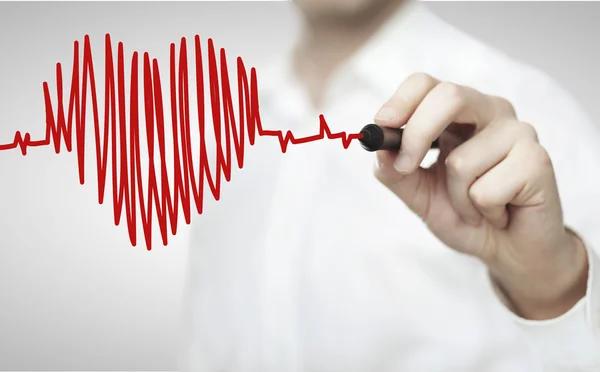Exercise is a powerful tool to combat stress and anxiety. It may seem contradictory that exerting physical energy can help manage mental fatigue, but the benefits are substantial and well-documented. The connection jloog.com between exercise and reduced levels of stress and anxiety tentechsoft.com lies in the intricate interplay of hormones in our body.
When we engage in physical activity, our agencyproweb.com bodies produce endorphins, chemicals that act as natural painkillers. These endorphins also contribute to a feeling often referred to as “runner’s high,” a state of euphoria following intense exercise. This sensation can lead to improved mood and reduced feelings of anxiety.
Moreover, regular exercise helps lower the body’s stress hormones—such as cortisol—in the long run. Exercise also aids in improving sleep quality, which shitasssoundcloud.com can be negatively affected by stress and anxiety. By engaging in regular physical activity, you may find your sleep patterns becoming more regular and restful, further contributing to decreased levels of stress.
Besides biochemical changes, exercise provides psychological benefits that help combat stress and anxiety. Physical activity offers an outlet for frustrations—an opportunity for emotional release—which is particularly beneficial when dealing with high-stress situations or chronic anxiety disorders.
Engaging in a form of exercise you enjoy—be it running, swimming or practicing yoga—allows you to have some quiet time away from daily hassles and distractions. This solitude not only provides an opportunity for introspection but also allows you to step back from potentially stressful situations; thus offering perspective on them.
Exercise promotes confidence by enabling individuals to meet goals or challenges they set for themselves —whether it’s beating their personal best at running or achieving a new yoga pose —which fosters self-efficacy. Moreover, consistent workouts enhance cognitive function leading to better concentration skills which are essential when managing tasks under pressure without being overwhelmed by stress.
Furthermore, group exercises such as aerobics classes or team sports provide social interaction which can alleviate feelings of loneliness or isolation that often accompany anxiety. Being part of a community that shares similar interests can foreignernews.com offer emotional support and create a sense of belonging, which digitalnewstop.com is instrumental in maintaining mental health.
To sum up, exercise combats stress and anxiety through both biological and psychological mechanisms. Regular physical activity triggers biochemical responses that reduce stress hormones, improve mood, enhance sleep quality, and boost confidence. Psychologically, it provides an outlet for frustrations, promotes introspection, improves cognitive function and fosters social interaction.
However, it’s important to remember that while exercise is a powerful tool in managing stress and anxiety; it’s not groundzero-teknocamp.com a cure-all solution. It should be used as part of a comprehensive approach to mental health care which may include therapy or hightokes.com medication. Always consult with a healthcare professional before starting any new fitness regimen.




